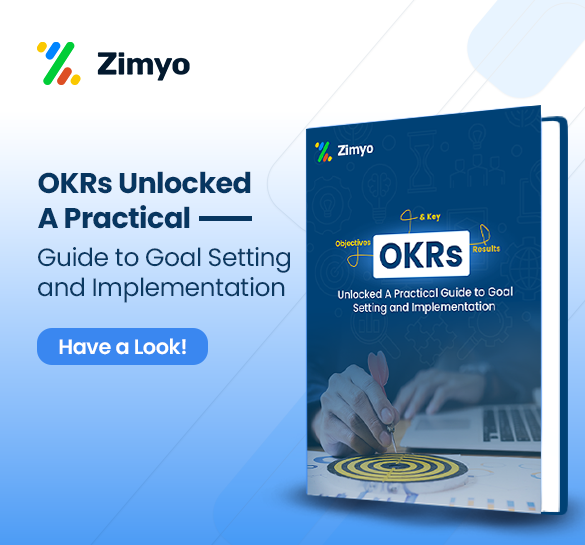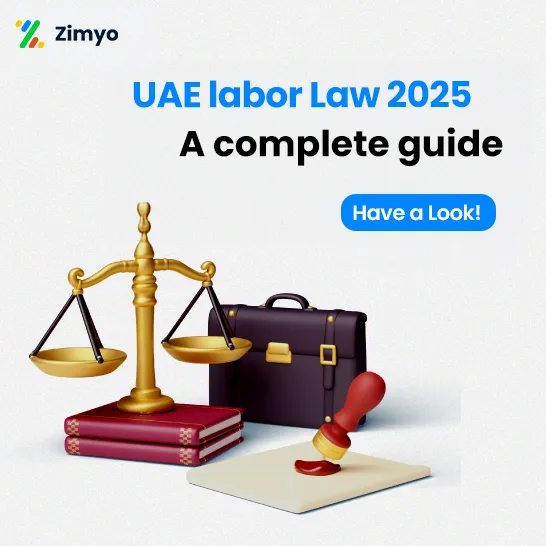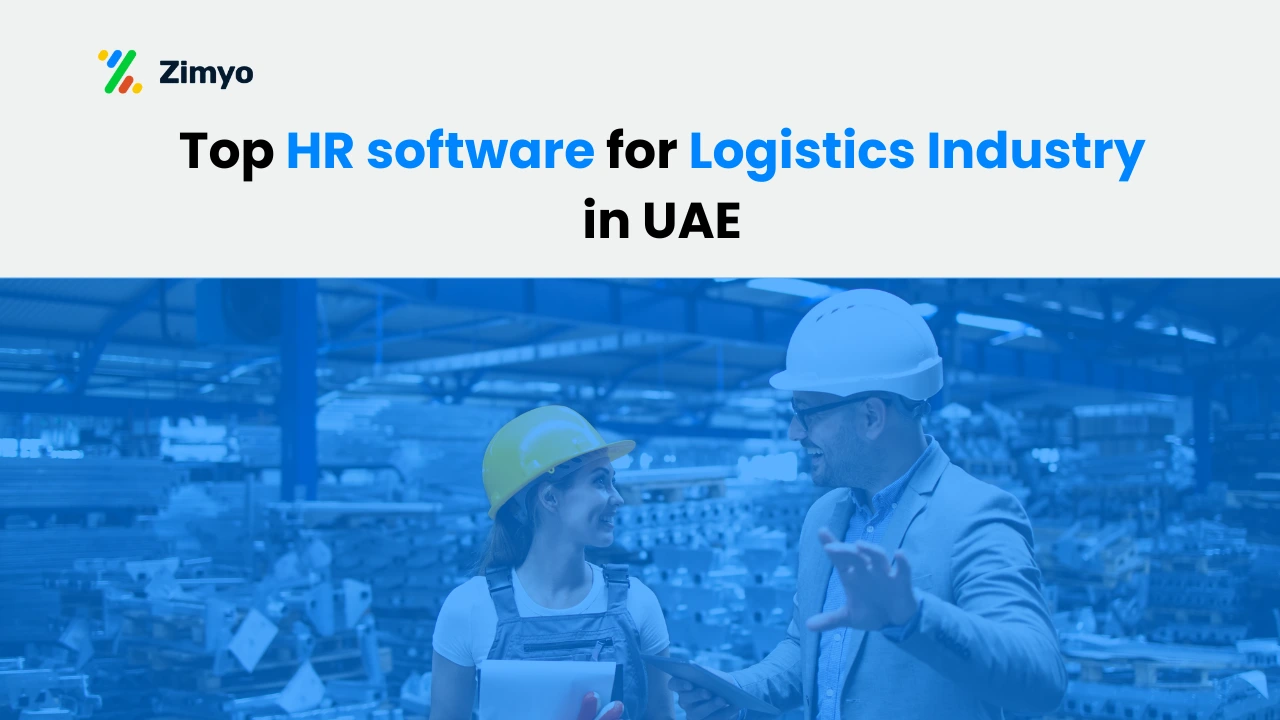In recent years, Emiratization has been a column of the UAE’s national human resource plan. The initiative aims to enhance the UAE Emiratization nationals’ nearness in the workforce—especially in the private segment. As one of the UAE Vision 2030 goals, this activity is now not only a regulatory measure; it has become an integral aspect of nation-building.
Understanding the Context of Emiratization
First of all, UAE Emiratization was created to bridge the economic gap between an expatriate-heavy private sector and the traditionally UAE-national-staffed public sector. Though the government has made incentives and penalties available to encourage take-up, the true potential is in employers seizing Emiratization as an investment for the long-term, as opposed to an obligation over the short-term.
Why a Proactive Approach is Necessary
In addition, compliance-based strategies are not enough. Businesses that confine their activity to box-ticking will miss the true potential of a motivated and loyal Emirati workforce. By being proactive, not only is compliance maximized, but a lasting talent pipeline is created, the public image is enhanced, and businesses align with national interests.
Key Strategies for Proactive UAE Emiratization
Let’s now take a look at some proactive measures employers in the UAE can undertake to integrate UAE Emiratization into core workforce planning.
1. Align Emiratization Goals with Business Strategy
Primarily, businesses need to incorporate UAE Emiratization objectives into their overall business strategy. This involves charting staff requirements and seeing where Emirati expertise can make an impact. Innovative businesses use Emiratization as a business opportunity rather than an HR issue, with a view to transforming innovation, cultural competence, and customer connections—particularly in government-related industries. Also includes how an HR software helps in achieving the business goals.
2. Invest in Early Talent Development
In addition, successful UAE Emiratization starts early, well before hiring. Employers can lock in with local colleges, vocational schools, and government programs like Nafis to create customized preparation and internship programs. These pipelines give students real-world exposure, whereas companies are able to spot high-potential representatives early on.
By contributing to early skill metrics, organizations can form Emiratis into future-ready experts aligned with organizational objectives.
3. Create Transparent Career Paths for Emiratis
Besides, one of the key issues with Emiratis working in the private sector is a need of seen career advancement. To amend this, bosses can make clear and transparent career ways for their Emirati staff, counting mentorship, leadership courses, and succession planning.
When UAE nationals feel a long-term future working in a company, they are more likely to stay and develop—enhancing retention and decreasing recruitment costs.
4. Tailor Onboarding and Integration Programs
Just as critical is the necessity for culturally sensitive onboarding processes. Inducting Emiratis into largely expatriate teams demands sensitivity and responsiveness. Customized induction programs, Emirati employee resource groups, and workplace practices adjusted to local culture can make workplaces more inclusive and supportive.
This step makes the sense of belonging, which in turn increments efficiency and support among new Emirati employees.
Why 2500+ Customers Trust Zimyo


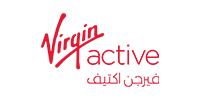




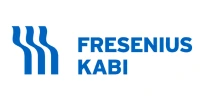


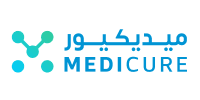
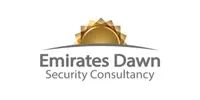


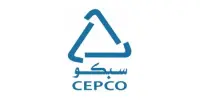
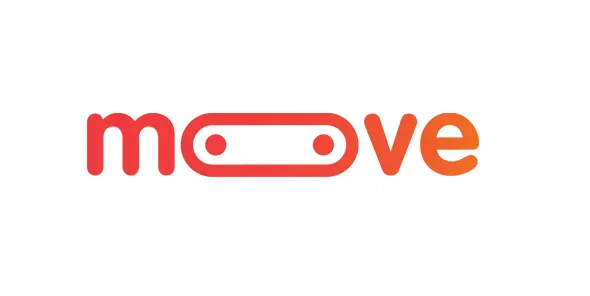
5. Cultivate Mentorship and Knowledge Transfer
Moreover, mentorship can also be a strong force in integrating Emiratis into the corporate world. Matching Emirati laborers with prepared mentors—locals or expatriates—will lead to speedier learning, leadership development, and expanded cross-cultural team collaboration.
Efficient mentorship plans can too act as a vehicle for information exchange, which is basic in segments where organization memory and technical knowledge are highly valued.
6. Empower Flexible Policies
Workplace flexibility is another figure to consider. Emiratis, for occasion, highly appreciate family-friendly policies, especially within the initial years of business. Employers can separate themselves by giving remote work arrangements, flexible working hours, and longer parental leave—offers that are picking up prominence among rising eras of workers.
In so doing, businesses not only recruit top Emirati talent but too construct a culture that prioritizes work-life balance.
Leveraging Government Support and Incentives
In expansion to internal initiatives, UAE employers must utilize other government back programs and incentives intended to encourage UAE Emiratization. For instance:
- Nafis: A nationwide program of NAFIS that provides salary support, child allowance, and career counseling for private sector Emiratis.
- Tawteen: An initiative that facilitates the matching of employers with Emirati employees and offers subsidies for employment and training.
- Employer Ratings and Rewards: Firms that outperform UAE Emiratization objectives can be publicly rewarded or given priority treatment for government tenders. Exploiting these funds not only compensates for costs but also solidifies a firm’s dedication to national development.
Monitoring and Measuring Success
Needless to say, no plan exists in isolation without assessment. Firms have to track UAE Emiratization performance indicators from time to time such as:
- Hiring and retention levels of Emirati nationals
- Promotion and internal movement figures
- Emirati staff specific feedback on engagement surveys
- Performance measurements against non-Emirati peers Data-based insights can identify what’s going well and what needs to be tweaked, allowing for ongoing improvements and open reporting.
Overcoming Common Challenges
Of course, there are challenges with implementing UAE Emiratization.
Skills Gap
Numerous private sector jobs require specialist skills or global experience that young Emiratis currently might not have. This leads to a major skill gap. Overcoming this calls for high-level training programs and a readiness to upskill by employers.
Cultural Misalignment
Blending various work cultures can prove challenging, particularly in multi-national corporations. Regular cultural awareness training and ongoing communication channels can serve to close the gap.
Short-Term Thinking
Depending on short-term hiring to fill quotas is a recipe for undermining long-term success. Employers need to fight this temptation and instead work to develop authentic, strategic relationships with Emirati professionals.
Fostering National Identity and Purpose in the Workplace
Furthermore, perhaps the most effective but least utilized element of UAE Emiratization is the fostering of national pride and identity in the workplace. If Emirati staff members believe their presence adds meaning beyond merely commercial achievement—i.e., to the development of the UAE’s vision—they will be much more likely to stay motivated, committed, and loyal.
This feeling of purpose can be promoted by employers:
- Marking National Days: Watching and celebrating days such as UAE National Day, Flag Day, and Commemoration Day solidifies a shared identity.
- Coordination UAE Values into Business Culture: Joining resilience, sustainability, and innovation—values at the heart of the UAE’s vision—into corporate mission statements and day-to-day hone can construct stronger relationships with national needs.
- Including Emirati Success Stories: Celebrating the success of Emirati staff individuals in internal news, showcasing communications, and leadership sessions can be a source of motivation and internal motivation.
- Participation in Community and CSR Activities: Having Emiratis involved in CSR activities that benefit the local community further reinforces their feelings of social contribution and belongingness to the corporation.
By building a strong tie between work and national mission, businesses enable Emiratis to view their professions not only as careers, but as fulfilling careers that are part of the advancement of the UAE.
Real-World Examples of Success
To show, a number of top UAE companies have already showcased the strength of proactive UAE Emiratization:
- Emirates NBD has introduced a “Future Emirati Leaders” program that develops high potentials for senior management.
- Majid Al Futtaim operates an Emirati Graduate Program with rotations through business units to fast-track learning. These examples indicate that if the planning and determination are there, Emiratization can fuel competitive advantage while advancing national aspirations.
The Long-Term Payoff
In the end, an active UAE Emiratization strategy serves both the employer and the nation. Organizations that act proactively will see the benefits in:
- Access to a talent pool with candidate management
- Stronger alignment with UAE government priorities
- Enhanced brand image and corporate citizenship
- Progressed long-term workforce sustainability In addition, by making satisfying careers for UAE nationals, business enterprises contribute to a more diversified and vigorous economy.
Conclusion
UAE Emiratization who go beyond the minimum compliance endeavors and grasp proactive, inclusive, and key strategies will be within the best position for long-term success. By contributing in talent acquisition, building inclusive societies, and interfacing with national desires, companies can not only fulfill quotas but make the future of the UAE workforce.
Frequently Asked Questions (FAQs)
UAE Emiratization contributes towards the consideration of UAE nationals in the private division labor force, in compliance with Vision 2030. It improves national character and helps in long-term economic sustainability.
Employers can coordinated UAE Emiratization with business strategy, contribute in early talent advancement, give mentorship, and set up clear career ways to hold and create Emirati talent.
Programs such as Nafis and Tawteen offer salary subsidies, training grants, and job-matching administrations to energize the private division to enlist UAE nationals.
Proactively seeking after Emiratization makes a loyal, competent workforce, raises company reputation, and ensures conformity with national development objectives.






